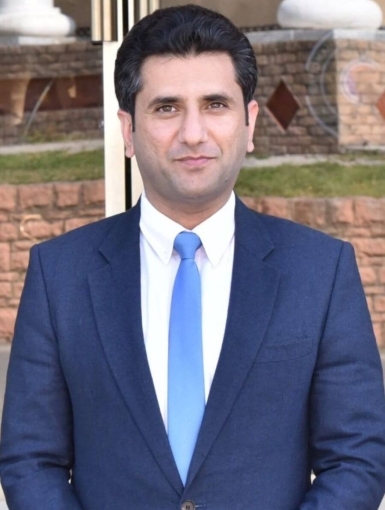India and Pakistan, known for their enduring rivalry, signed an innovative 1988 agreement prohibiting attacks against each other’s nuclear installations and facilities. This long-lived arms control measure between the two South Asian nuclear rivals has gained international attention after Russia’s unprecedented military takeover of Ukraine’s Zaporizhzhia nuclear power plant, the largest such facility in Europe. Some analysts have proposed the Indo-Pakistan agreement as a model for putting nuclear energy facilities and other nuclear sites off-limits for attacks during peacetime and war, while others have questioned its efficacy.
Criticisms of the accord take four forms: 1. the agreement has no practical value for regional peace and stability; 2. the agreement’s efficacy is increasingly diminishing and requires immediate major upgradation; 3. the agreement has serious compliance issues; and 4. the agreement is detrimental to the functioning of mutual deterrence.
This research project uses the mid-range theory of arms control, documentary evidence, and elite interviews to argue that the arms control instrument has produced genuine security effects in political and military environments. It finds that the security value could be enhanced if India and Pakistan negotiated a companion agreement on prohibiting cyber-attacks against nuclear installations and creating a Bilateral Consultative Commission. The international community can draw some general lessons from the India-Pakistan experience, such as the value of institutionalizing mutual arrangements to establish the security of nuclear installations. To be most effective, though, other bilateral or multilateral agreements not to attack nuclear facilities should be modified to fit that specific security context.
Speaker Bio
Nasir Mehmood is a visiting scholar at the Center for International and Security Studies at Maryland (CISSM). He specializes in arms control and strategic stability dynamics in South Asia. His current research project examines the political-diplomatic and military-strategic effects of existing bilateral behavioral arms control measures on India-Pakistan relations.
Mehmood is an assistant professor at the Strategic Studies Department at National Defence University, Pakistan. He also served as an assistant director (academics) at the Foreign Service Academy, Ministry of Foreign Affairs, Pakistan. In 2021, he was a visiting international fellow at the James Martin Center for Non-proliferation Studies.
Mehmood is the author of Political Conflict and Arms Control: Pakistan-India Policy Analysis, 1988-2008, published by Rowman & Littlefield in 2023. This book provides a comprehensive analysis of the evolution and development of arms control processes as an integral part of the India-Pakistan broader security dialogue, which took place from 1988 to 2008. It examines four different types of political conflicts, namely Jammu & Kashmir, hostile domestic politics, dissimilar military doctrines and China as a third party, and their individual and collective impact on the outcome of arms control negotiations during three rounds of the broader security dialogue (1988-1994, 1997-1999, and 2004-2008). In continuation, Mehmood also discerns a pattern of interaction between different types of political conflicts and arms control within and across three sub-cases of security dialogue.
Mehmood earned his PhD in Politics from the University of Reading, UK.

